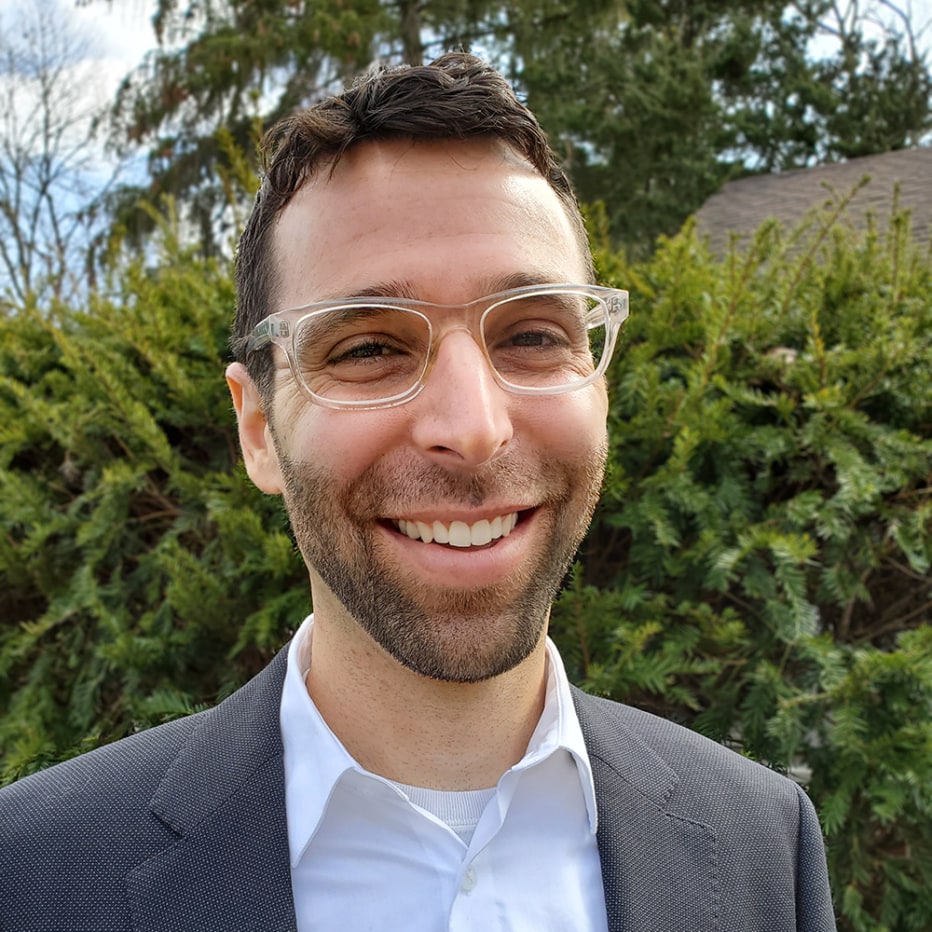
News

Anchors in a Time of Uncertainty
November 3, 2020
I write to you now at a time of uncertainty, none of us know what the outcome of the election will be and many of us are unsure of the outcome regardless of the results of Election Day. This election season has been contentious, derisive, and divisive. Regardless of your political beliefs, I imagine you have read or heard words that were deeply unsettling in the past few months and for many of us we have looked to a large group of people and found them acting in a way that was radically different than what we might have expected or hoped. And so this is a time of uncertainty.
Our people has long lived with uncertainty, a wandering loose amalgamation of families that call one another kin while sharing a checkered past and a consistent migration from one place to the next. Charting any group of Jews around the world needs a great deal of patience and intellectual dexterity as the historian places pins chronologically zig-zagged across the map. We are a people used to change and uncertainty, so I offer these three anchors pulled up from the traveling ancestors we share regardless of bloodline.
First, remind yourself that you are a part of a family. As our people moved from one area of the world to the next we never lost sight of our greater relationship with one another. Throughout history we stayed in touch with other Jews through correspondence or reflection on texts, ideas, and teachings from glosses. This helped us remember that we were connected to one another, and able to support one another when needed. Who are the members of our support networks today? This is a time to turn to one another and seek comfort, companionship, and care. Know that Temple Israel is a critical part of that support network. We are here and hope to find every way we can to be present together during this time.
Second, learning is a source of joy and renewal. Even when there were no books present our community has always had learning as a central part of our practice. The reason why the Talmud is so hard to follow is that it was carried in the minds of our people even when we couldn’t bring the page, free association allowed us to memorize it. Scholars in the past would turn the verses over and over in their minds even as they might travel from one place to the next. The words of our tradition a safe and stable soil on which to rest when the ground beneath their feet was moving. Rabbi Joseph Telushkin shares with us that when he is sad he does something possibly unexpected, he studies. During this time of uncertainty, I invite us to take the time to read, discuss and learn together, either cracking open a favorite novel or joining together for discussion at one of our Joys of Jewish Learning programs or classes.
Third, keep hope alive. I am surprised every time I get to the end of the Torah. I know that it’s coming, but I’m always a little taken aback when Moses dies before entering the land of Israel. All of this build up, history from the very beginning to the moment of redemption stops abruptly and we go back and read again from the beginning of the Torah. This is a reminder that we are always in a place of in-between, there is never a moment of total arrival, and no matter what the near future holds, we have enough history to see that in the same way that things can stretch back for thousands of years, so too can they stretch forward. This is not the end, and so we can always look to a future of new beginnings. I look forward to walking this future together.